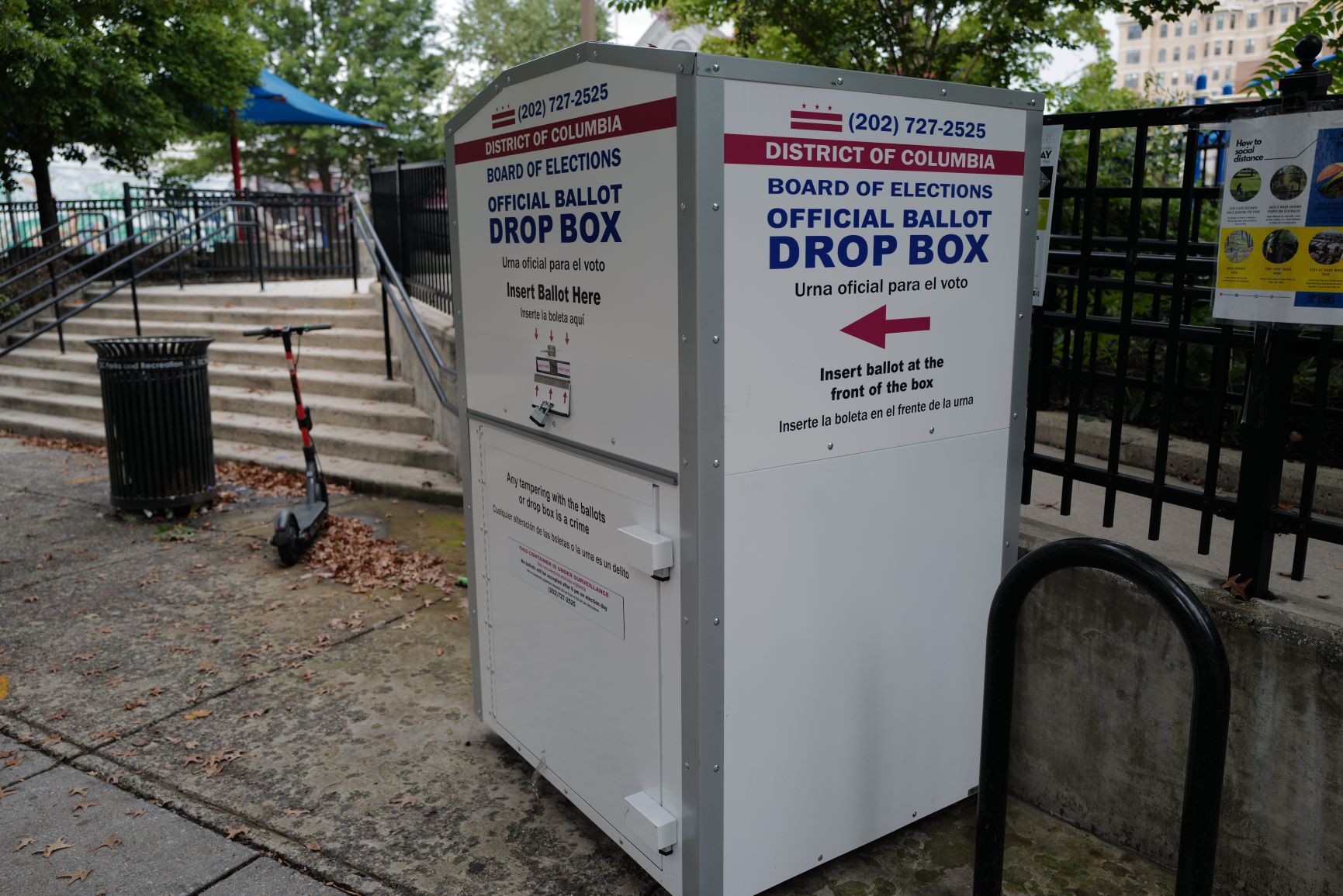By Melissa Lavasani
In December 2019, I proposed a ballot measure, now known as Initiative 81, which would effectively decriminalize natural psychedelics – including psilocybin and ayahuasca, which had helped me overcome postpartum depression – in the District of Columbia.
This would help ensure that other D.C. residents benefiting from natural psychedelics are not targeted by law enforcement. After tumultuous months of hard work including collecting more than 25,400 signatures from voters, Initiative 81 is on the November ballot.
I am not the usual protagonist you’d imagine as an advocate for psychedelics: I am a married mother of two with two graduate degrees and an established career working for the District of Columbia government. But I had a psychedelic experience that changed my life. In 2018, I had taken psychedelics – first psilocybin mushrooms, and then ayahuasca and San Pedro cacti – because I was desperate to overcome severe postpartum depression that came to dominate my life.
Although the therapeutic uses of psychedelics were new to me, modern research on the medical benefits of psychedelics began in the 1950s and continues today at universities like Johns Hopkins, UCLA, and Imperial College London, among others. This research has shown groundbreaking results in treating addiction, depression, and existential distress caused by terminal illness. And new studies on psilocybin as a therapy for opioid addiction, Alzheimer’s disease, post-traumatic stress disorder (PTSD), and anorexia are underway. This research is also gaining broad acceptance with the U.S. Food and Drug Administration twice granting psilocybin “breakthrough therapy” status for treating depression.
I was not formally part of these studies, but my experience certainly is another success story. During the depths of my depression, I dreaded spending time with my newborn son and struggled to get out of bed. My days were punctuated with fantasies about taking my own life.
Psychedelics allowed me to rediscover the joy that postpartum depression had robbed me of. Activities that had seemed like a chore were fun again and instead of waking up resigned to my depression, I found myself looking forward to engaging with my family, friends, and colleagues. Today, during the ongoing pandemic, I spend every day at home with my son Ramsey, now three years old, and my daughter Lola, now six, my relief has been so profound that it is hard to believe there was a time when I was unable to enjoy being their mother.
Although current crises are often described in broad, collective terms, the resulting trauma, depression, or anxiety stemming from the staggering losses of coronavirus, systemic racism, the opioid crisis, and military service are devastatingly personal battles. Regardless of the cause, depression, PTSD, and anxiety are characterized by lonely struggles to make it through each day.
When I proposed Initiative 81, I was driven by personal crisis. I wanted to make sure that others would not face the same terrible trade-off that I did: seek potentially life-saving natural medicines and, in doing so, risk becoming another victim in the war on drugs for using a Schedule 1 controlled substance.
But putting my name behind a ballot initiative, speaking publicly with the media, and sharing my story with hundreds of thousands of strangers would have been unthinkable, not only during my struggle with depression, but at any previous point in my life. Put differently, my psychedelic therapy – particularly with ayahuasca – not only helped me overcome depression, but also allowed me to reclaim my life on my own terms and armed with the self-understanding I had never quite grasped before. The clearest testament to the success of my psychedelic therapy is the paperwork filed at the D.C. Board of Elections with my signature.
The impact of psychedelic therapies is often cast as helping people overcome specific conditions or trauma. But as my experience taught me, and results from Johns Hopkins demonstrate, the impact of psychedelic experiences can be much more profound and long lasting. A study on psilocybin, for example, found that 67% of participants “rated the experience with psilocybin to be either the single most meaningful experience of his or her life or among the top five most meaningful experiences of his or her life.”
These meaningful experiences catalyze action both in our personal lives and in our communities. The profound change I saw in myself makes me believe we can all experience and work towards the profound changes we want to see in our communities, as well.
Melissa Lavasani is Chairwoman of Decriminalize Nature DC and Proposer of Initiative 81: the Entheogenic Plant and Fungus Policy Act of 2020.
